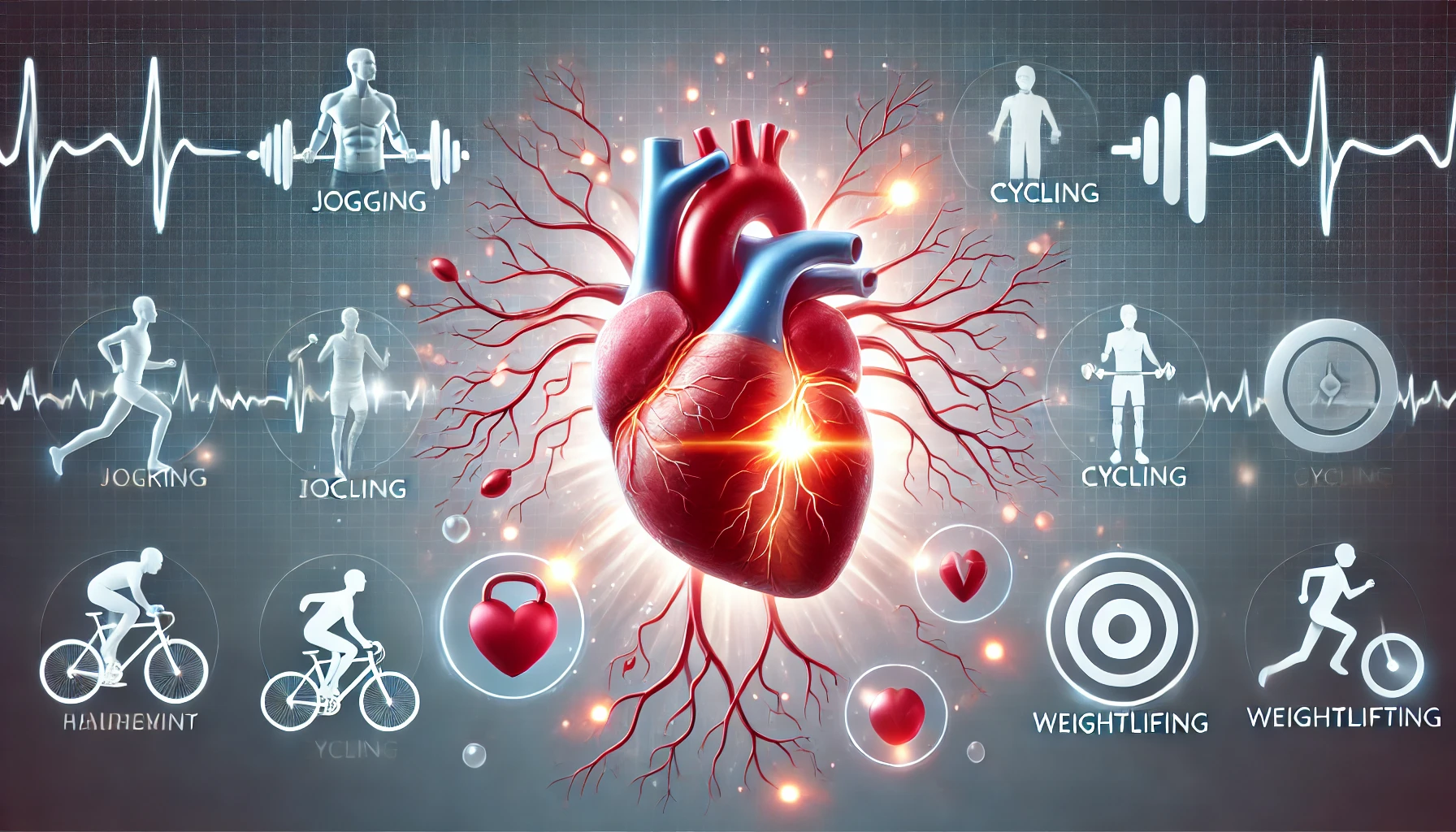
Understanding Your Heart's Pumping Function
Your heart is a remarkable muscle that pumps blood throughout your body, delivering oxygen and nutrients to every cell. The efficiency of this pumping action is crucial for overall health and is measured by a key indicator called ejection fraction (EF). At Raksha Hospital, we help patients understand and optimize their heart function through comprehensive cardiac care.
What is Ejection Fraction (EF)?
Ejection fraction is a measurement that shows how much blood your heart pumps out with each beat. It's expressed as a percentage and is one of the most important indicators of heart health.
How EF is Calculated
EF = (Amount of blood pumped out ÷ Total amount of blood in the heart) × 100
🟢 Normal EF: 50-70%
Your heart is pumping efficiently and effectively.
🟡 Borderline EF: 41-49%
Slightly below normal, may indicate early heart dysfunction.
🔴 Reduced EF: 40% or less
Indicates heart failure or significant heart dysfunction.
How Your Heart Pumps Blood
Understanding the cardiac cycle helps explain how your heart maintains its pumping efficiency:
💓 Diastole (Filling Phase)
- Heart muscles relax
- Chambers fill with blood
- Valves open to allow blood flow
- Blood flows from atria to ventricles
💪 Systole (Pumping Phase)
- Heart muscles contract
- Blood is pumped out of ventricles
- Valves close to prevent backflow
- Blood flows to lungs and body
The coordination between these phases determines your heart's pumping efficiency and overall cardiac output.
Factors That Affect Heart Pumping Function
✅ Positive Factors
- Regular Exercise: Strengthens heart muscle
- Healthy Diet: Provides essential nutrients
- Stress Management: Reduces heart strain
- Quality Sleep: Allows heart to rest and recover
- Regular Checkups: Early detection of issues
❌ Negative Factors
- High Blood Pressure: Strains heart muscle
- Smoking: Damages blood vessels
- Obesity: Increases heart workload
- Diabetes: Affects blood vessel health
- Excessive Alcohol: Weakens heart muscle
How to Improve Your Heart's Pumping Function
🏃♂️ Exercise and Physical Activity
Regular cardiovascular exercise strengthens your heart muscle and improves its efficiency:
- Aerobic Exercise: Walking, cycling, swimming for 150 minutes/week
- Strength Training: 2-3 sessions per week to build muscle
- Interval Training: Alternating high and low intensity
- Consistency: Regular exercise is more important than intensity
🥗 Nutrition for Heart Health
What you eat directly impacts your heart's function and efficiency:
- Omega-3 Fatty Acids: Fish, nuts, seeds for heart muscle health
- Antioxidants: Fruits and vegetables to reduce inflammation
- Lean Proteins: Chicken, fish, legumes for muscle building
- Complex Carbohydrates: Whole grains for sustained energy
- Limit Salt: Reduce sodium to control blood pressure
🧘♀️ Lifestyle Modifications
Daily habits that support optimal heart function:
- Stress Reduction: Meditation, yoga, deep breathing
- Quality Sleep: 7-9 hours per night for heart recovery
- Smoking Cessation: Eliminate tobacco use completely
- Moderate Alcohol: Limit to 1-2 drinks per day
- Weight Management: Maintain healthy BMI
Medical Interventions for Heart Function
When lifestyle changes aren't enough, medical interventions can help improve heart pumping function:
💊 Medications
- ACE Inhibitors: Help heart work more efficiently
- Beta Blockers: Reduce heart rate and workload
- Diuretics: Remove excess fluid to reduce strain
- Blood Thinners: Prevent clots and improve circulation
🔬 Diagnostic Tests
- Echocardiogram: Visual assessment of heart function
- Cardiac MRI: Detailed heart structure and function
- Stress Test: Evaluate heart function under exertion
- Blood Tests: Check for underlying conditions
⚡ Advanced Treatments
- Cardiac Rehabilitation: Supervised exercise program
- Pacemaker: Regulate heart rhythm if needed
- Surgery: Repair or replace damaged heart valves
- Heart Transplant: Last resort for severe cases
Monitoring Your Heart Function
Regular monitoring helps track improvements and catch issues early:
📊 Regular Assessments
- Annual physical examinations
- Blood pressure monitoring
- Cholesterol level checks
- Blood sugar monitoring
- Weight and BMI tracking
🏥 Professional Monitoring
- Cardiologist consultations
- Regular echocardiograms
- Exercise stress tests
- Holter monitoring (24-hour ECG)
- Cardiac rehabilitation follow-ups
Success Stories: Improving Heart Function
Our cardiac care team has helped many patients improve their heart pumping function:
"My EF was only 35% when I first came to Raksha Hospital. Through their cardiac rehabilitation program and lifestyle changes, I've improved to 55% in just 6 months. I feel stronger and more energetic than ever!" - Mr. Kumar, 62
"The personalized treatment plan and regular monitoring helped me understand my heart health better. My cardiologist explained everything clearly, and now I'm confident about managing my condition." - Mrs. Devi, 58
Take Control of Your Heart Health
Understanding your heart's pumping function is the first step toward optimal cardiovascular health. Our expert cardiologists at Raksha Hospital are here to help you assess, improve, and maintain your heart function through comprehensive care and personalized treatment plans.

Connect With Us